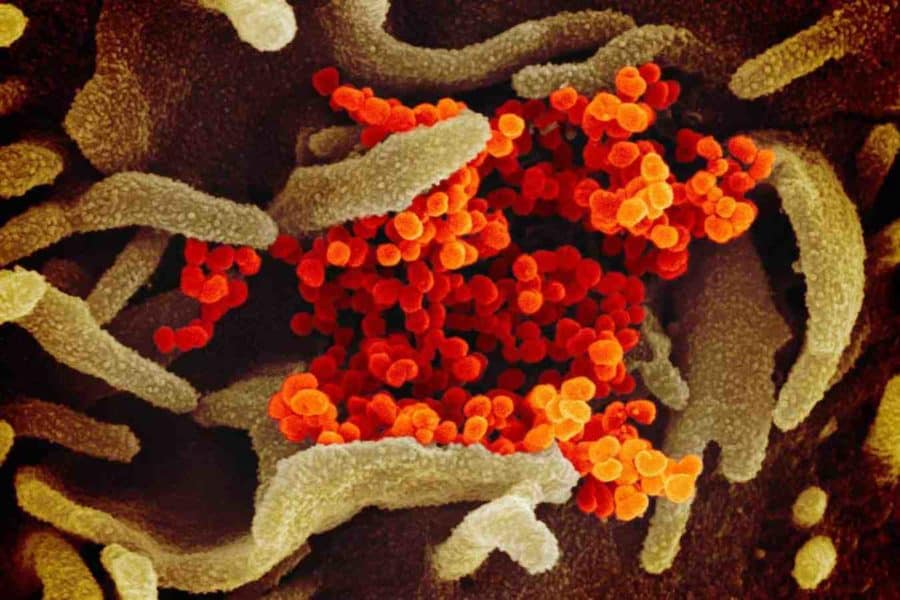The median incubation period of COVID-19 from exposure to the onset of symptoms is 5.1 days, researchers say, meaning the recommended 14-day quarantine period is a reasonable amount of time to monitor individuals for development of the disease
A new study led by researchers at Johns Hopkins Bloomberg School of Public Health suggests that the median incubation period for SARS-CoV-2—the new coronavirus that causes the respiratory illness COVID-19—is 5.1 days.
This median time from exposure to onset of symptoms suggests that the 14-day quarantine period used by the U.S. Centers for Disease Control and Prevention for individuals with likely exposure to the coronavirus is a reasonable amount of time to monitor individuals for development of the disease.
The analysis suggests that about 97.5% of people who develop symptoms of SARS-CoV-2 infection will do so within 11.5 days of exposure. The researchers estimated that for every 10,000 individuals quarantined for 14 days, only about 101 would develop symptoms after being released from quarantine.
The findings were published online today in the journal Annals of Internal Medicine.
If our reporting has informed or inspired you, please consider making a donation. Every contribution, no matter the size, empowers us to continue delivering accurate, engaging, and trustworthy science and medical news. Independent journalism requires time, effort, and resources—your support ensures we can keep uncovering the stories that matter most to you.
Join us in making knowledge accessible and impactful. Thank you for standing with us!

